The News
At the Google Public Sector Summit 2025 in Washington, D.C., government leaders, CIOs, higher-education innovators, and national security organizations convened to outline a new chapter for public-sector digital transformation. Google Public Sector announced major partnerships across state and local government, academia, and defense; expanded access to AI capabilities like Gemini and Earth AI; and highlighted forward momentum in AI-powered public digital infrastructure.
Analysis
AI Takes Center Stage
This year’s summit framed AI not as experimental technology, but as operational infrastructure for government missions. Public agencies are contending with aging systems, talent shortages, and rising citizen expectations. These conditions mirror our research findings, where public entities increasingly prioritize automation, workforce augmentation, and real-time data access.
The momentum is reflected in Google’s announcements: statewide AI rollouts, city-scale Gemini deployments, university AI incubators, and on-prem generative AI for national security. For public agencies with limited modernization budgets, a common thread across the announcements was “impact without wholesale system replacement,” leveraging Google’s AI capabilities on top of existing collaboration tools, existing data environments, and existing security postures.
Expanding AI Access Across State and Local Government
Maryland’s announcement, deploying Gemini access to 30% of the state workforce across 59 agencies, showcases how broad AI enablement is becoming. Early outcomes include cost savings, accelerated project cycles, and operational capacity gains. Similarly, Los Angeles’ move to bring Google Workspace with Gemini to 27,500 city employees reflects a scalable model for improving communications, case work, and service delivery without custom development.
These efforts mirror what we have seen across enterprises: organizations are moving toward agentic workflows, real-time assistance, and AI-supported decisioning to keep pace with citizen demand. For developers supporting these agencies, expanded Gemini access could shift the focus from building standalone tools to embedding AI into daily processes and existing applications.
AI Innovation Accelerates Across Academia and Research Institutions
Higher education was a major focus, with Old Dominion University launching its MonarchSphere AI incubator and Miami Dade College expanding its role in the National Applied AI Consortium. With more than 1,000 institutions using Gemini for Education, AI is becoming integral to teaching, research, and student success.
These initiatives represent a shift toward applied AI ecosystems, where universities are not only consumers of AI tools but also contributors to AI-ready talent pipelines. Government and private-sector developers alike will feel the downstream impact as more institutions adopt standardized AI training and research platforms.
National Security Missions Embrace On-Prem and Air-Gapped AI
The partnership between Google Public Sector and Lockheed Martin underscores a growing trend in defense: securely applying generative AI inside constrained, offline, or air-gapped environments. Google’s collaboration to bring Gemini models into Lockheed Martin’s AI Factory aims to support mission-specific intelligence, analysis, and operational workflows without compromising national-security requirements.
This aligns with theCUBE Research’s insights into sovereign and secure AI: agencies increasingly seek AI capabilities that do not require full cloud connectivity but still deliver modern reasoning, multimodal understanding, and automation.
Public Digital Infrastructure Expands Into Emerging Markets
Google’s collaboration with the World Bank Group highlights how AI is shaping foundational infrastructure globally. By deploying Open Network Stacks in emerging markets, governments can build interoperable digital systems for healthcare, agriculture, and employment services, an expansion of public digital goods that support rapid modernization without bespoke development.
For developers, these initiatives create opportunities to build on standardized frameworks, improve data interoperability, and use AI to address societal-scale challenges.
Product Advancements Strengthen Security, Earth Intelligence, and Compute Access
Google announced several product updates relevant to government IT and developer teams:
- Pixel phones joining the DoDIN APL, reinforcing their eligibility for secure federal deployments.
- Earth AI expanding globally, supporting environmental monitoring and disaster response with Gemini-enhanced geospatial analysis.
- General availability of G4 VMs, bringing NVIDIA RTX PRO 6000 GPUs to more regions for multimodal and regulated workloads.
These updates highlight a growing emphasis on secure endpoints, advanced AI-driven geospatial tools, and accessible GPU compute, all of which are critical for agencies modernizing both field operations and analytical workflows.
Looking Ahead
Google’s Public Sector Summit made clear that AI is now core infrastructure for public missions. As agencies adopt AI tools across operations, education, national security, and citizen engagement, the focus will increasingly shift toward responsible deployment, interoperable architecture, and talent readiness.
With Google deepening its partnerships across state government, academia, defense, and global development, public-sector organizations are likely to see accelerated access to secure AI capabilities and improved pathways for AI adoption at scale. Developers supporting these agencies will benefit from more unified frameworks, stronger governance models, and expanded access to GPU and model capabilities.








